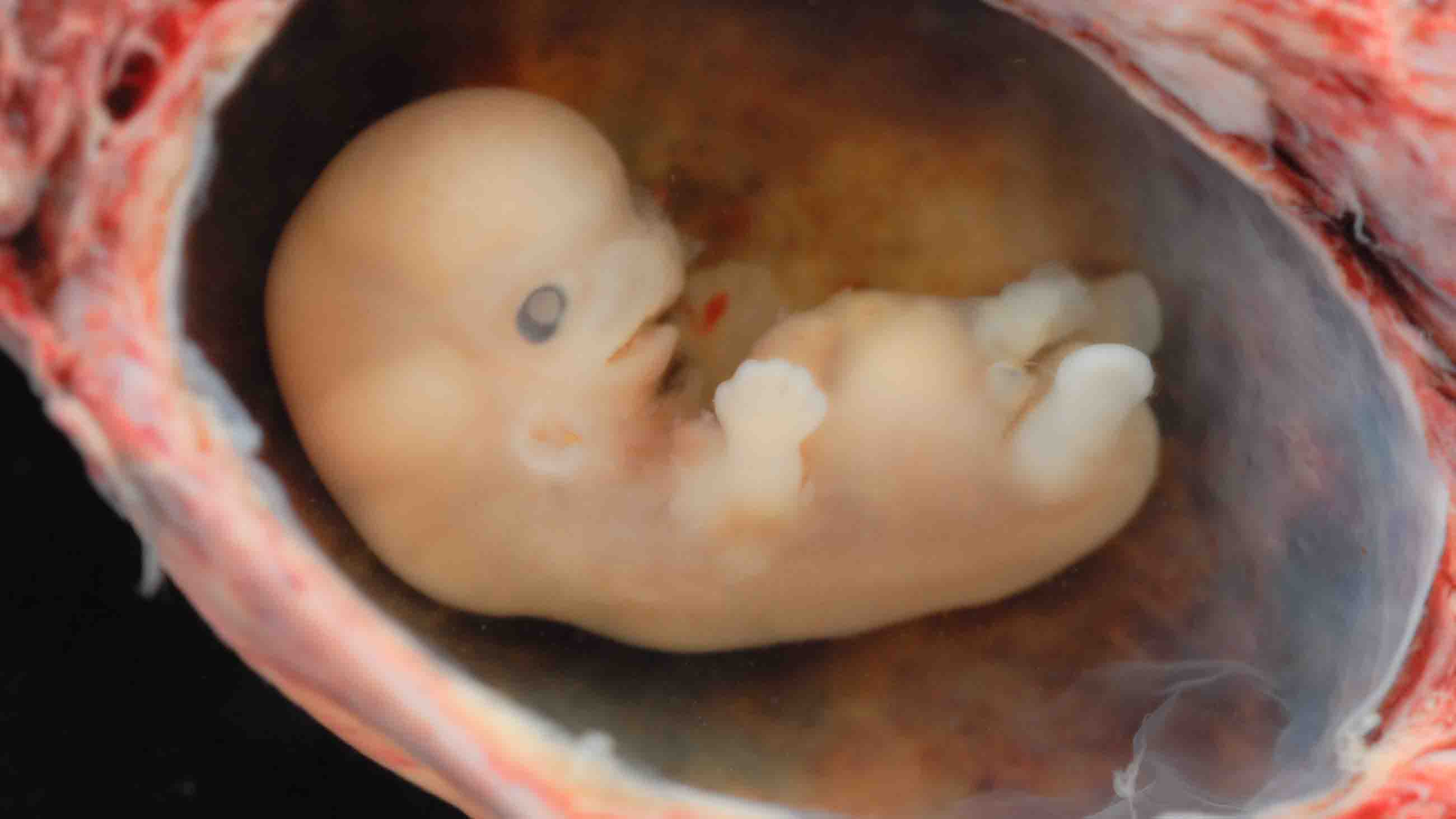Abstracts: Embryos, Oceans, and More
• Researchers have successfully edited human embryos to correct a genetic mutation for the first time using the genome editing tool CRISPR–Cas9. The breakthrough has reignited an international debate about the ethics of altering humans’ genes. (Scientific American)

• At U.N. talks in July, countries around the world agreed on the need to begin treaty negotiations concerning parts of the ocean that are not owned by any country. More than half of the world’s oceans are currently outside the jurisdiction of any nation, raising concerns about marine conservation. (New York Times)
• This summer’s Gulf of Mexico “dead zone” — a low-oxygen area of water where marine life cannot survive — is the largest one ever recorded. The National Oceanic and Atmospheric Administration reports that the dead zone, primarily caused by runoff from industrial agriculture in the Midwest, is the size of New Jersey. (NPR)
• Parts of South Asia will face deadly heat and humidity by 2100, threatening hundreds of millions of people’s lives, if greenhouse gas emissions continue unchanged. New climate simulations show that the heat waves will primarily hit poor, densely populated farming villages near coastal areas and low-lying river valleys, especially in Pakistan, India, Bangladesh, and Sri Lanka. (Science News)
• The Rhode Island Department of Corrections is the first state system to provide all of its inmates with medication-assisted treatment in response to increasingly common opioid dependence among prisoners. Half to two-thirds of all prisoners in the United States meet the criteria for substance abuse, and the MAT provided to inmates in Rhode Island aims to reduce the high rates of overdose and relapse that plague newly-released individuals. (STAT)
• Members of the working class in the Sun Belt — especially those who work outdoors — are uniquely burdened by climate change, as they face frequent deadly heat waves, limited mobility during storms, and low incomes that cannot always cover the costs of health care and air conditioning. That’s why some activists are trying to mobilize these communities around climate justice. (New York Times)
• The Dark Energy Consortium has released the most accurate measurements of the Universe’s dark matter. Scientists believe the new map provides clues about the content of dark matter and will help them better understand dark energy. (BBC)
• And finally, recent DNA research suggests that the Ancient Greeks are the descendants of the Mycenaeans, who spread over mainland Greece and the Aegean Sea from 1600 to 1200 B.C.E. The Mycenaeans, in turn, were found to be closely related to the older Minoans. (Science)









